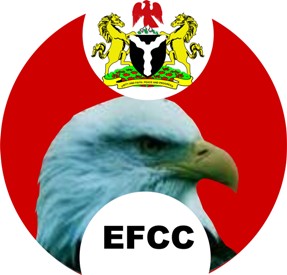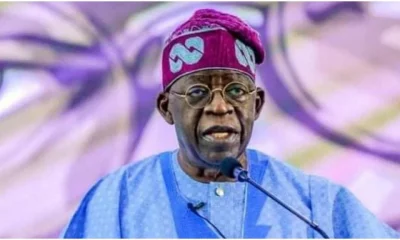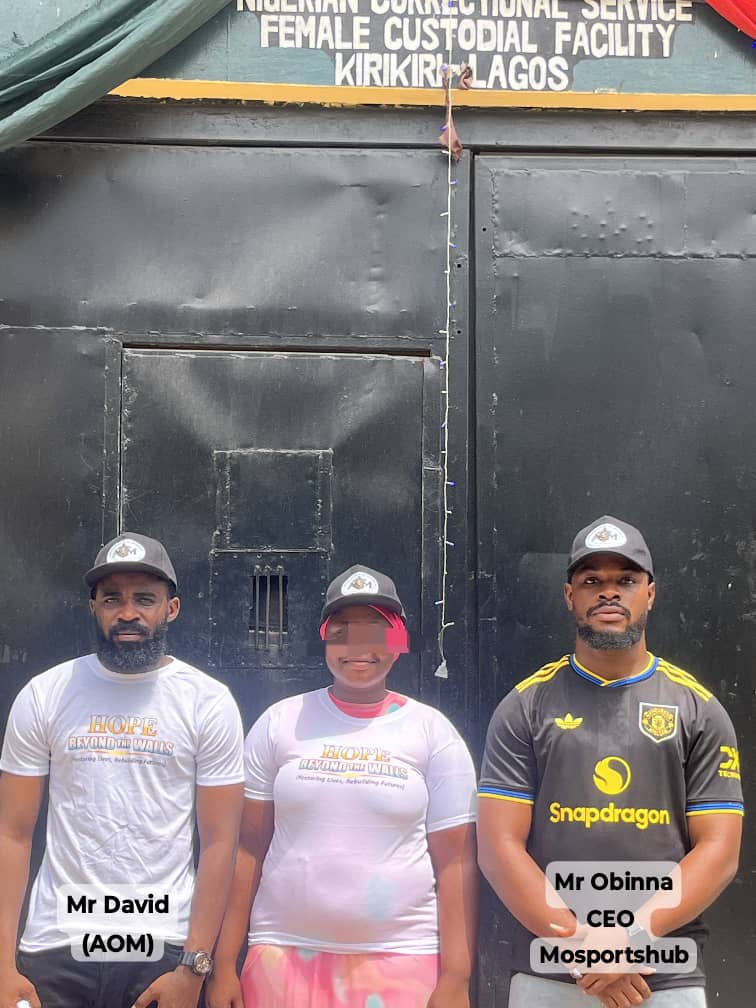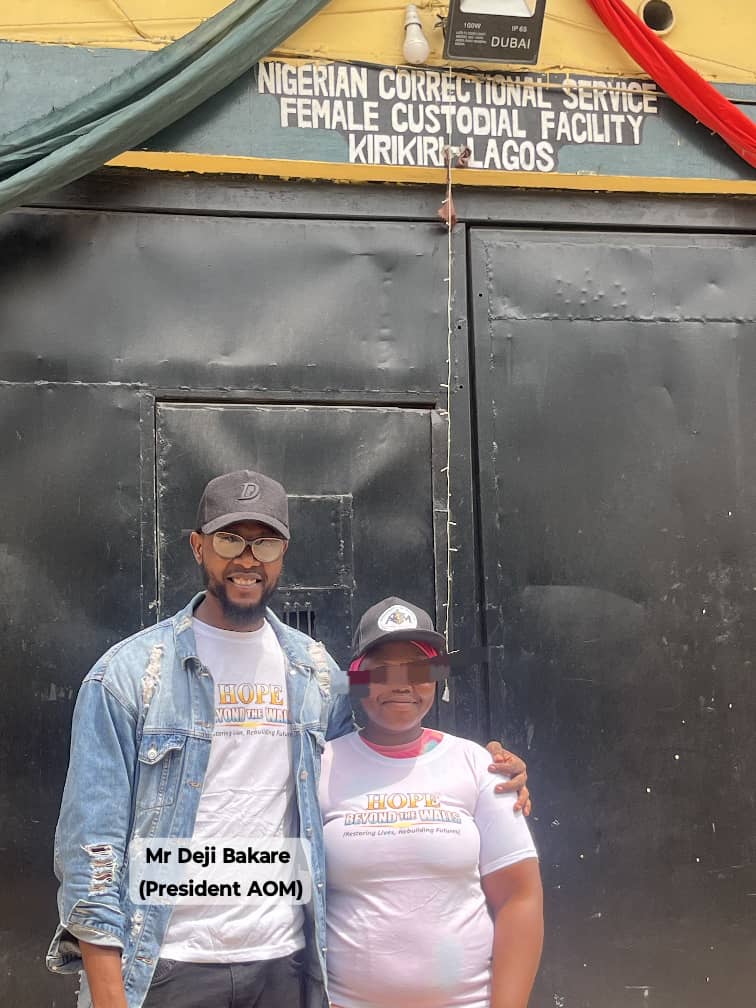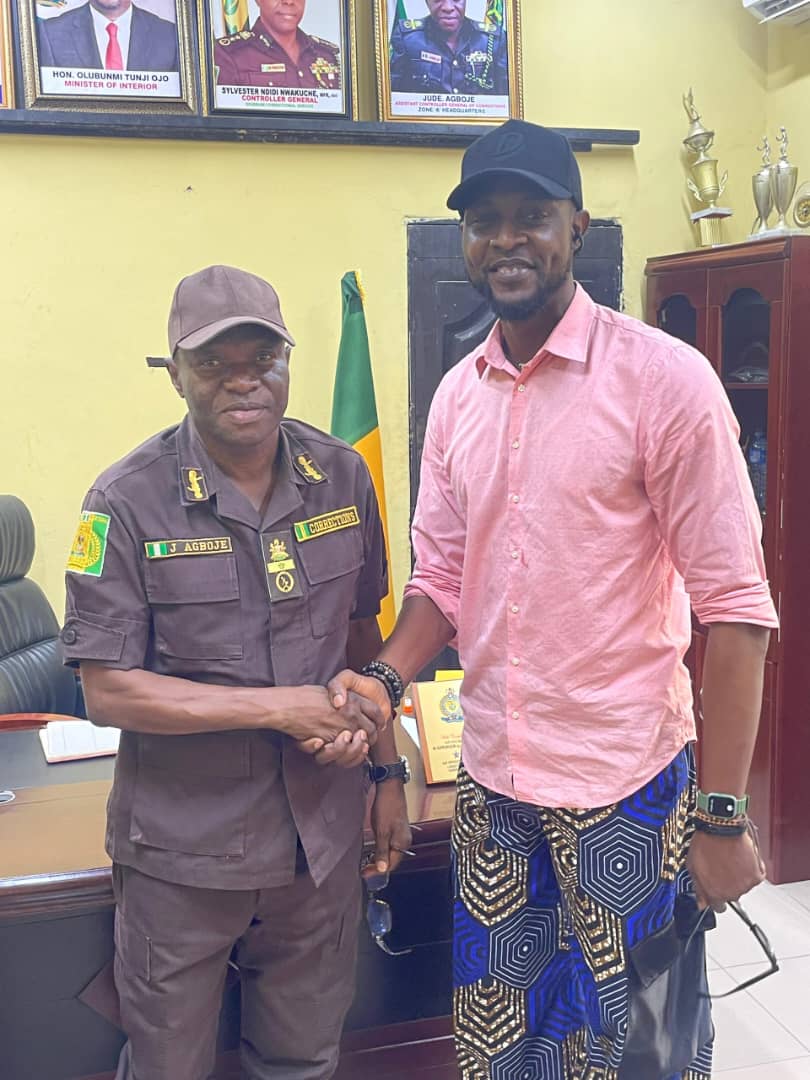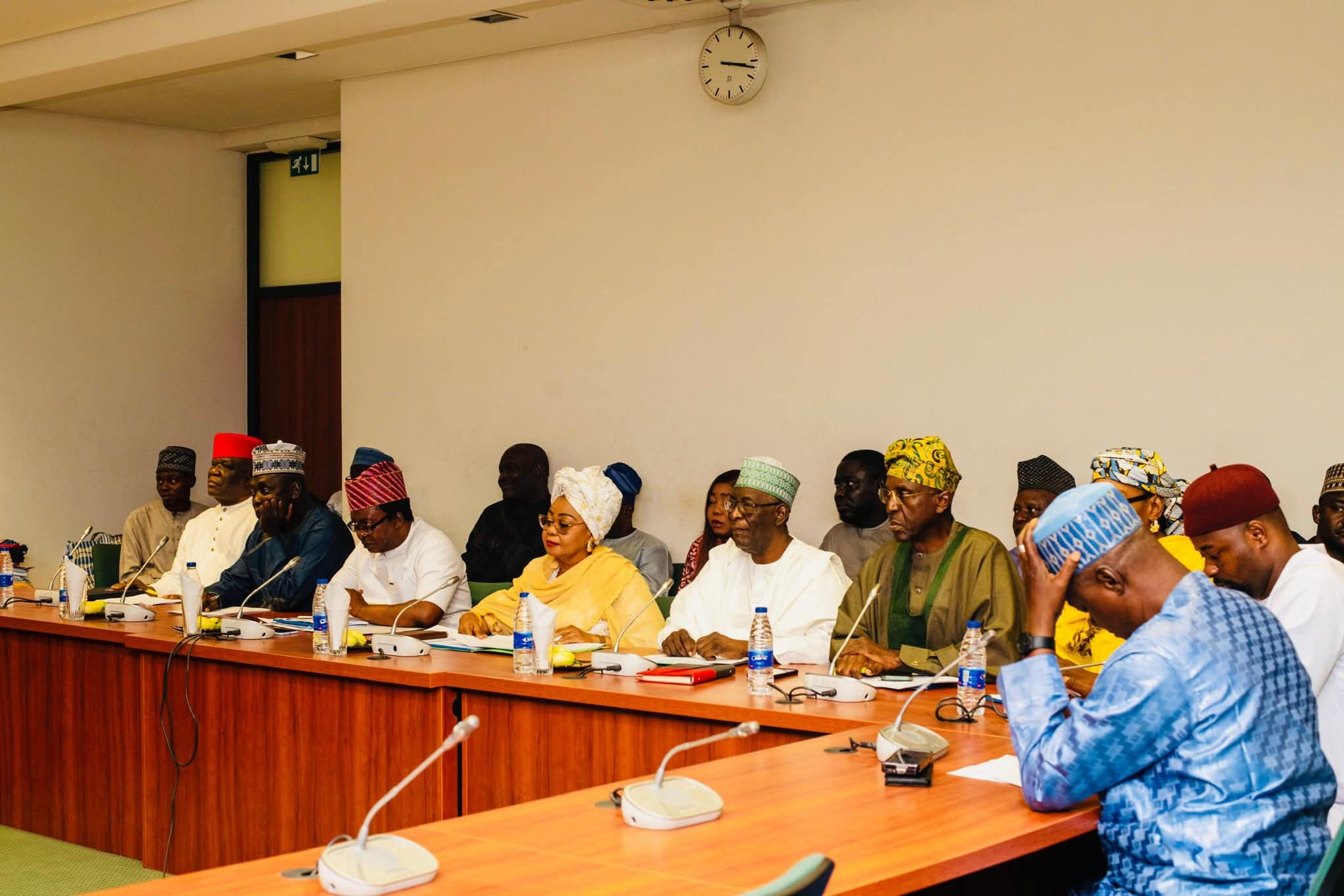society
HRM Oba Dr Sunday Aikuirawo Aniyi: it’s a new day in Erinmope-Ekiti
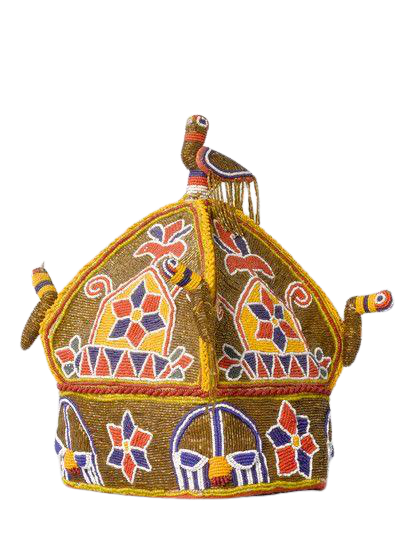
HRM Oba Dr Sunday Aikuirawo Aniyi: it’s a new day in Erinmope-Ekiti
By Yinka Oyebode
When the righteous are in authority, the people rejoice…. (Proverbs 29 v 2)
“Eniyan lo n muni mo’niyan”, that Yoruba song commonly sung during engagement ceremonies is apt in my relationship with HRM Oba Dr Sunday Aikuirawo Aniyi, who I met in person for the very first time during the build up to the June 22, 2018 Governorship election in Ekiti State. My principal, His Excellency, Dr John Kayode Fayemi, then, the Honourable Minister of Mines and Steel Development, had given me names of two individuals he wanted me to liaise with, and explore the possibility of working with ahead of the governorship contest. I met the two gentlemen- Dr Sunday Aniyi and Mr Gboyega Ajayi at different locations in Ado-Ekiti and struck a working relationship with them.
Prior to that meeting however, I have had a prior contact with Dr Aniyi sometimes in 2017 after he bagged his doctorate degree from the University of Ibadan. Dr Fayemi, renowned for his ability to discover and nurture talents, had sent me to deliver his congratulatory message to him, which I conveyed via the telephone. While attempting to describe Dr Aniyi to me, Dr Fayemi had alluded to his (Dr Aniyi’s) writings, especially his social media posts, which he said were usually issue-based and done in very dignified language.
When we eventually met at the agreed location in Ado- Ekiti, weeks before the Governorship primaries sometimes around April 2018, one thing that immediately struck me about Kabiyesi was his simplicity, forthrightness and the richness of his thoughts. Aside agreeing to work with the media team, he equally advised that I reach out to a few younger chaps, who then were apparently opposed to Dr Fayemi’s aspiration and were waging war against him on the social media. He gave his reason: “Some of these chaps do not really hate your oga, they just want to be recognised and I am sure you can win them to your side, if you do as much as talk to them”, he had advised.
Considering the sincerity of his counsel, even though, reaching out to those guys was not part of my brief, I decided to give it a shot and as predicted by Dr Aniyi, I got favourable response from them. A Few weeks after that first encounter, Kabiyesi, Gboyega and I together with a few others were holed up in my make shift ‘media centre’ for a whole day, in what turned out my first working relationship with him. Like a gold fish, his calmness, proficiency, meticulousness and professionalism can hardly be hidden, same for the pristine values he wears like a badge of honour. It is quite evident, he draws, howbeit, unassumingly from the well of wisdom each time he shares his views on any topic. Kabiyesi is ever so philosophical, analytical and forthright in his discussions. He possess a rare ability to present his case with a touch of brilliance, logic, candour and wit.
These attributes were served in large dosage when he was appointed Senior Special Assistant (Special Projects) and later Principal Private Secretary (PPS) to the Governor by Dr Kayode Fayemi shortly after assuming office in his second term. As PPS, Dr Aniyi also had a role carved for him as a member of the Governor’s media and communication team.
It was through working together with other colleagues in the media and communication team that I had a full understanding and appreciation of Kabiyesi Aniyi’s work ethics as well as the driving force behind his amiable personality. Within a short space of time, he distinguished himself as a thoroughbred professional, a diligent worker, highly cerebral and creative mind, a team player and strategic thinker. His contributions to the weekly strategic sessions were top notch, just as his public conduct were pristine. Like one of his favourite novelists, Chinua Achebe, wrote: “proverbs are the palm oil with which words are eaten”, Dr Aniyi’s language is rich in figurative expressions, allegories and historical allusions. He ‘eats’ words intelligently, cautiously and persuasively, yet, he does not suffer fool gladly.
Kabiyesi’s positive disposition to life and the seriousness he attaches to his role as PPS made it easy for me to relate with him as a friend, brother and colleague. Aside his outstanding contributions to the activities of the Media and Communications team as a writer, editor, content creator and innovator, Dr Aniyi was also drafted by the Governor to develop a system of institutionalising Ekiti Values which was a principal focus of the JKF2 administration. Oba Aniyi therefore had the privilege of coordinating the development of Ekiti Values Education into a subject of study. He and his team produced the curriculum and midwifed the production of textbooks as well as the commencement of the subject in Ekiti schools.
While Dr Aniyi’s many virtues are strikingly visible, I must confess that his royal background was quite unknown to me and many of our colleagues. His name does not even suggest it, at best it indicates his Christian background. So, I was pleasantly surprised when the issue of obaship came up, apparently in oblivion of the age-long saying “ a njorin a o mori olowo”. I must have assumed that Dr Aniyi’s impeccable character and the excellent touch he brings to every assignment were a reflection of his well- groomed childhood which has resulted in excellent adulthood. Now, with the benefit of hindsight, it won’t be out of place to say that Dr Aniyi’s demonstrated excellent spirit and native intelligence were gifted him by Olodumare to make his royalty remarkable.
So, what the media and communications team of Governor Kayode Fayemi and indeed the field of communications as well as the academia lost, has become the gains of the good people of Erinmope Ekiti, who in their collective wisdom opted to put the crown on the fitting head of HRM Oba (Dr) Sunday Aikuirawo Aniyi, Amoyinmade Atayese 1, the Obaleo of Erinmope Ekiti.
For Kabiyesi Aniyi, his past has adequately prepared him for the present and the future. He started his elementary education at St. John’s Anglican School, Erinmope-Ekiti between 1982-88. He thereafter proceeded to Erinmope High School, Erinmope-Ekiti between 1989-95. He studied English at Adekunle Ajasin University, Akungba-Akoko and graduated with a second class upper division in 2004. He bagged his Masters of Art degree in Communication and Language Arts from the University of Ibadan in 2009 and a doctorate in Communication Studies, (specializing in Media & International Communication) from the University of Ibadan in 2017. He has worked meritoriously as a journalist, teacher, consultant, lecturer and a public servant before ascending the throne of his fore bearers.
As the entire sons and daughters of Erinmope-Ekiti converge on the ancient town to celebrate the coronation activities of this God-fearing and imaginative leader, “ the philosopher king” today, I can only pray and wish my brother, friend, colleague and, now, my king a most peaceful and prosperous reign. May the people have good reasons to rejoice exceedingly during your reign, kabiyesi. E je ju ara iwaju lo!
• Oyebode is Chief Press secretary to the Governor of Ekiti State
society
HOPE BEYOND THE WALLS 2026: ASSOCIATION OF MODELS SUCCESSFULLY SECURES RELEASE OF AN INMATE, CALLS FOR CONTINUED SUPPORT
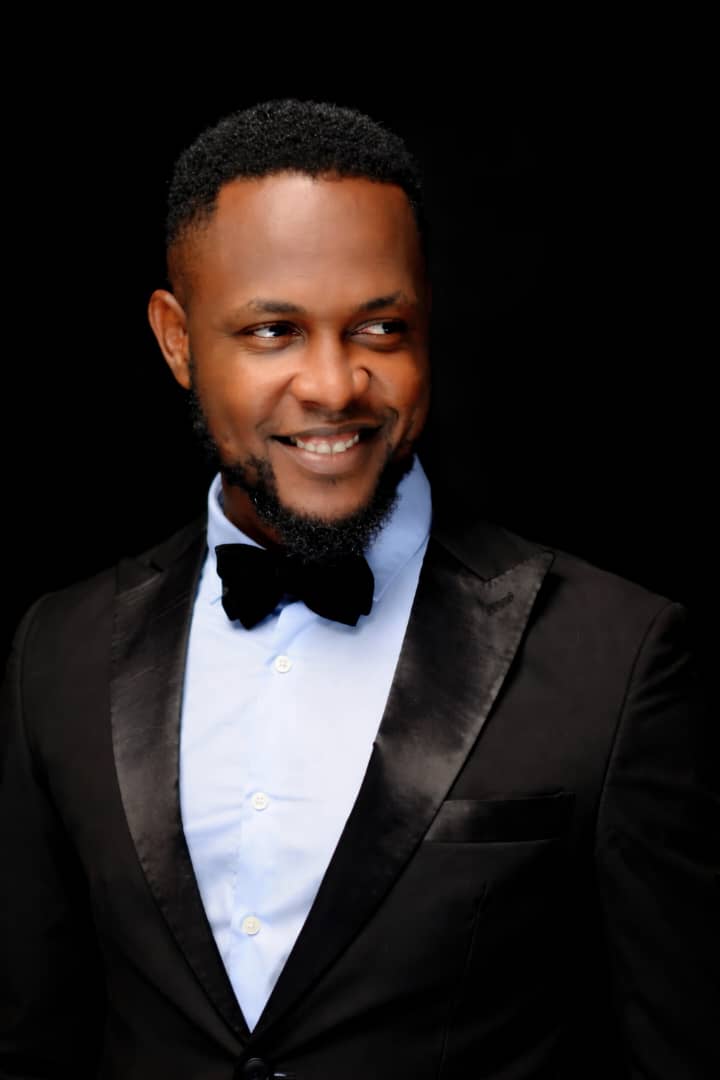
HOPE BEYOND THE WALLS 2026: ASSOCIATION OF MODELS SUCCESSFULLY SECURES RELEASE OF AN INMATE, CALLS FOR CONTINUED SUPPORT
The Association of Models (AOMNGO) proudly announces the successful completion of the first edition of Hope Beyond the Walls 2026, a humanitarian initiative dedicated to restoring hope and freedom to deserving inmates.
Despite enormous challenges, financial pressure, emotional strain, and operational stress, the organization remained committed to its mission. Through perseverance, faith, and collective support, one inmate has successfully regained freedom a powerful reminder that hope is stronger than circumstance.
This milestone did not come easily.
Behind the scenes were weeks of coordination, advocacy, fundraising, documentation, and intense engagement. There were moments of uncertainty, but the determination to give someone a second chance kept the vision alive.
Today, the Association of Models gives heartfelt appreciation to all partners and sponsors, both locally and internationally, who stood with us mentally, financially, morally, and physically.
Special Recognition and Appreciation To:
Correctional Service Zonal Headquarters Zone A Ikoyi
Esan Dele
Ololade Bakare
Ify
Kweme
Taiwo & Kehinde Solagbade
Segun
Mr David Olayiwola
Mr David Alabi
PPF Zion International
OlasGlam International
Razor
Mr Obinna
Mr Dele Bakare (VOB International)
Tawio Bakare
Kehinde Bakare
Hannah Bakare
Mrs Doyin Adeyemi
Shade Daniel
Mr Seyi United States
Toxan Global Enterprises Prison
Adeleke Otejo
Favour
Yetty Mama
Loko Tobi Jeannette
MOSES OLUWATOSIN OKIKIADE
Moses Okikiade
(Provenience Enterprise)
We also acknowledge the numerous businesses and private supporters whose names may not be individually mentioned but whose contributions were instrumental in achieving this success.
Your generosity made freedom possible.
A CALL TO ACTION
Hope Beyond the Walls is not a one-time event. It is a movement.
There are still many deserving inmates waiting for a second chance individuals who simply need financial assistance, legal support, and advocacy to reunite with their families and rebuild their lives.
The Association of Models is therefore calling on:
Corporate organizations
Local and international sponsors
Philanthropists
Faith-based organizations
Community leaders
Individuals with a heart for impact
to partner with us.
Our vision is clear:
To secure the release of inmates regularly monthly, quarterly, or during special intervention periods through structured support and transparent collaboration.
HOW TO SUPPORT
Interested partners and supporters can reach out via
Social Media: Official Handles Hope In Motion
Donations and sponsorship inquiries are welcome.
Together, we can turn difficult stories into testimonies of restoration.
ABOUT AOMNGO
The Association of Models (AOMNGO) is a humanitarian driven organization committed to advocacy, empowerment, and social impact. Through projects like Hope Beyond the Walls, the organization works tirelessly to restore dignity and create opportunities for individuals seeking a second chance.
“When we come together, walls fall and hope rises.”
For media interviews, partnerships, and sponsorship discussions, please contact the Association of Models directly.
society
SENATOR ADEOLA YAYI REGISTERS 4000 JAMB CANDIDATES
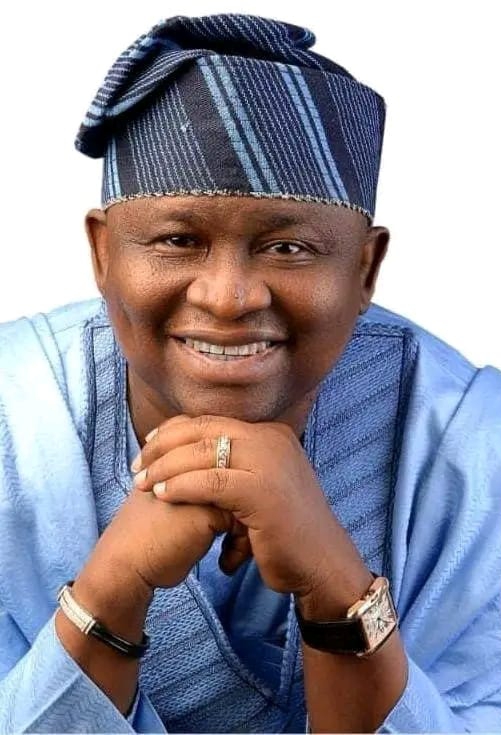
SENATOR ADEOLA YAYI REGISTERS 4000 JAMB CANDIDATES
In continuation of his educational support initiatives and following established tradition, Senator Solomon Adeola (APC,Ogun West) has successfully paid for and enrolled 4000 indigent students for the 2026 Joint Admission Matriculation Board(JAMB) examination.
According to a release e-signed and made available to members of the League of Yewa-Awori Media Practitioners (LOYAMP) by High Chief Kayode Odunaro, Media Adviser to Senator Adeola and shared with (your mediu), the programme financed by the senator under the “SEN YAYI FREE JAMB 2026” ended on Saturday , February 21, 2026, with a total of 4000 candidates successfully enrolled with their PINs provided.
Commenting on the success of the programme, Senator Adeola said the programme is another leg of his personal educational empowerment for indigent but brilliant citizens preparatory to his scholarship and bursary facilitation for tertiary education institutions’ students.
“As far as I can help it, none of our children will miss educational opportunities arising out of adverse economic predicament of their parents or guardians”, he stated.
Successful candidates cut across all the three senatorial districts of Ogun State with 2183 coming from Ogun West, 1358 coming from Ogun Central and 418 from Ogun East.
Some of the candidates that applied and are yet to get their PINs due wrong information supplied in their profiles and being underage as discovered by JAMB and other reasons are being further assisted to see the possibility of getting their PINs.
The Free JAMB programme of the Senator that has been running for years is well received by appreciative beneficiaries and their parents.
Alhaji Suara Adeyemi from Ipokia Local Government whose daughter successfully got her PIN in the programme said the Senator’s gesture was a welcome financial relief for his family at this period after payment of numerous school fees of other siblings of the beneficiary seeking admission to higher institution.
Also posting on the social media handle of the Senator, a beneficiary Mr. Henry Olaitan, from Odeda LGA said that he would have missed doing the entry examination as his guardian cannot afford the fees for himself and two of his children.
society
House Committee Seeks Stronger Financial Backing for Federal Character Commission
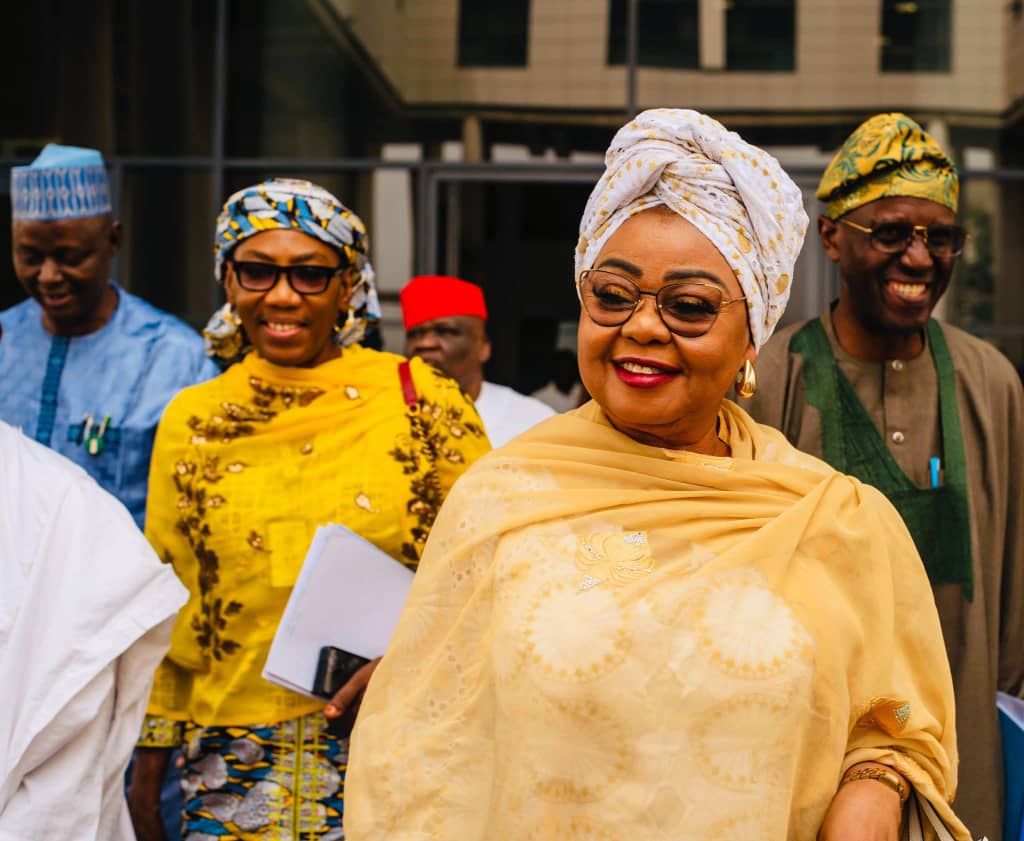
House Committee Seeks Stronger Financial Backing for Federal Character Commission
The Executive Chairman of the Federal Character Commission (FCC), Honorable Hulayat Motunrayo Omidiran, has reassured the commitment of her new leadership to reposition the Commission and strengthen enforcement of the federal character principle, despite prevailing funding challenges.
Hon. Omidiran made this known during the Commission’s budget defence before the House of Representatives Committee on Federal Character at the National Assembly on Friday, February 19, 2026.
The Executive Chairman opened up on inadequate funding has continued to constrain the Commission’s statutory activities, including nationwide monitoring, compliance audits and enforcement measures across Ministries, Departments and Agencies (MDAs).
“We are focused and determined to do the work that the Constitution and the President have entrusted us with,” Omidiran stated.
The FCC Boss, however, assured lawmakers that the Commission remains resolute in ensuring equity, fairness and balanced representation in line with its constitutional mandate.
“As a Commission, it is our responsibility to engage with relevant government parastatals and ministries to secure the necessary funding we require. We believe that with consultation and collaboration, it will be a successful venture for the Commission.”
Earlier, the Chairman of the House Committee on Federal Character, RT. Hon. Ahmed Idris Wase, expressed deep concern over what he described as near-zero budgetary allocation to the Commission, stressing that such financial inadequacies severely undermine its operational effectiveness.
The Plateau State lawmaker assured the Commission of the Committee’s firm legislative backing in advocating for improved funding and strengthening the Commission’s capacity to fully exercise its constitutional mandate.
“We cannot reasonably expect the Federal Character Commission to enforce compliance across Ministries, Departments, and Agencies while grappling with insufficient funding,” Hon. Wase remarked.
“If we are genuinely committed to fairness, equity, and national cohesion, then we must be deliberate in adequately funding the institution established to safeguard these principles.
“As a Committee, we shall work closely with the leadership of the Commission to ensure that its budgetary provisions reflect the magnitude of its mandate. The era of skeletal or token funding must give way to realistic and sustainable financial support,” he concluded.
The budget defence session concluded on a note of renewed collaboration between the House of Representatives and the Commission, reflecting a shared determination to strengthen institutional capacity, enhance accountability, and promote equitable representation within Nigeria’s public service.
SIGNED:
Ademola Lawrence
Spokesperson,
Federal Character Commission
February 20, 2026
-

 celebrity radar - gossips6 months ago
celebrity radar - gossips6 months agoWhy Babangida’s Hilltop Home Became Nigeria’s Political “Mecca”
-

 society6 months ago
society6 months agoPower is a Loan, Not a Possession: The Sacred Duty of Planting People
-

 society5 months ago
society5 months agoReligion: Africa’s Oldest Weapon of Enslavement and the Forgotten Truth
-

 news6 months ago
news6 months agoTHE APPOINTMENT OF WASIU AYINDE BY THE FEDERAL GOVERNMENT AS AN AMBASSADOR SOUNDS EMBARRASSING



